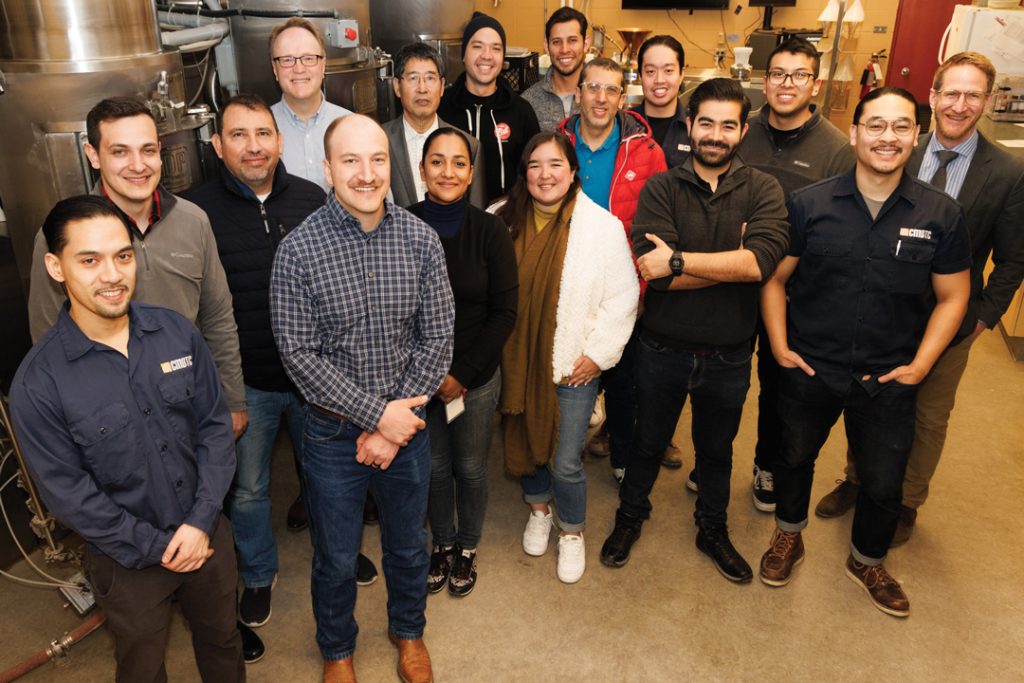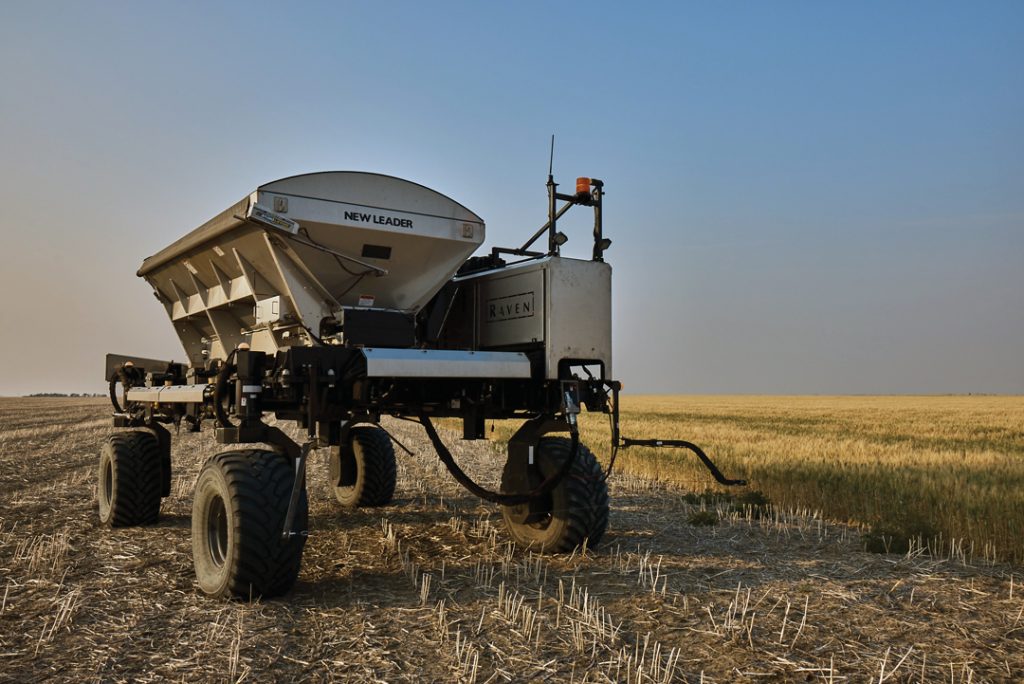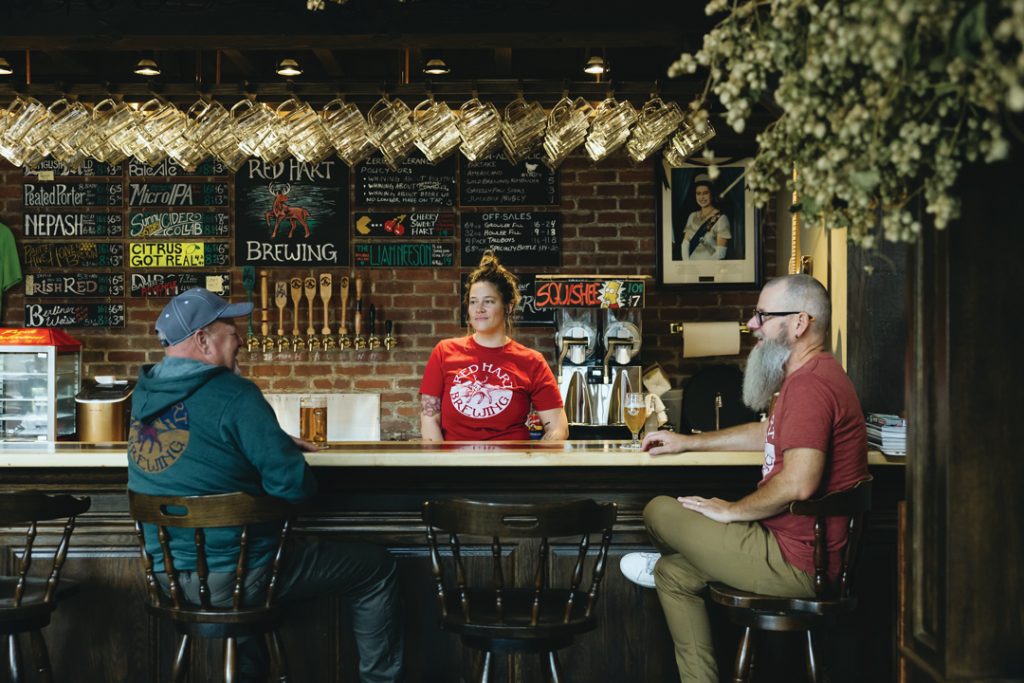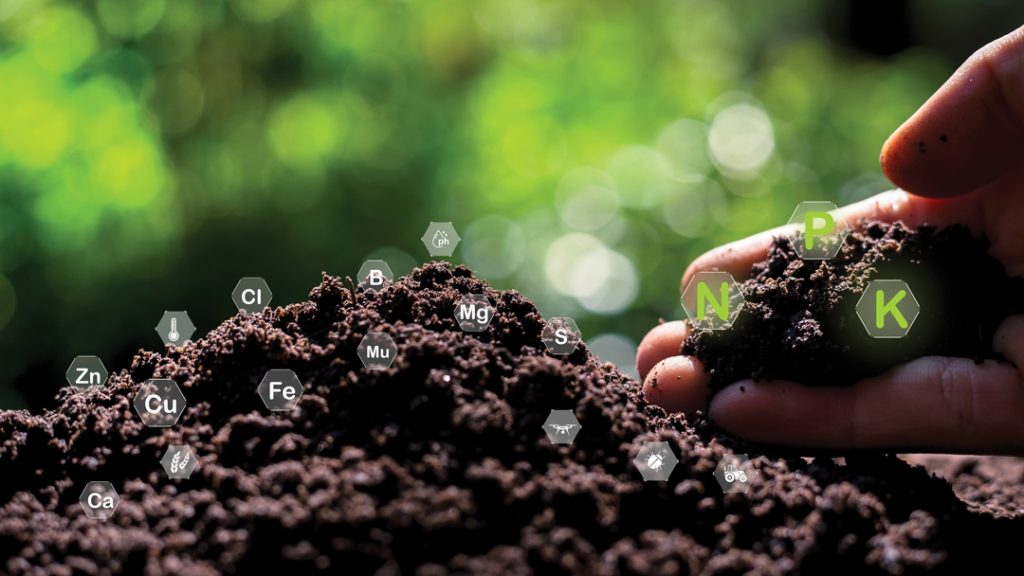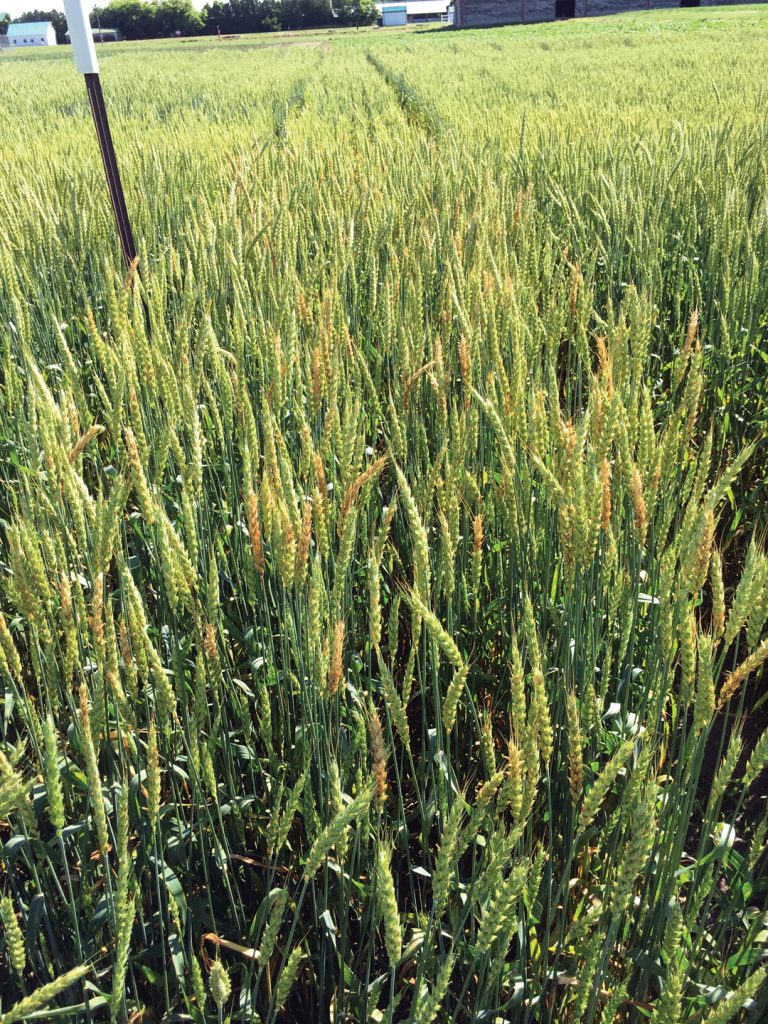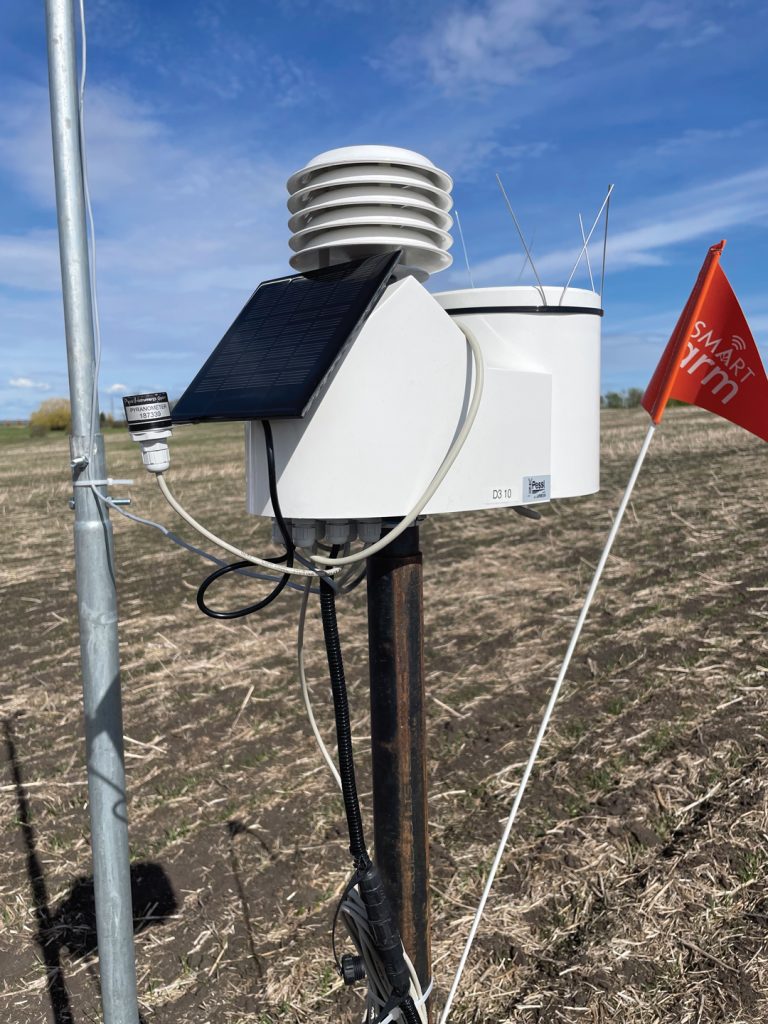CHEERS TO GLOBAL BEER MARKETS
The global beer industry has faced significant headwinds the past few years. The pandemic, followed by the escalation of input costs, supply chain difficulties and shifts in consumer preference hit hard, but not all is doom and gloom. China’s brewing industry is quite profitable and markets such as Brazil, Colombia and Mexico continue to thrive and grow. In 2022, global beer production rose in 2022 to 1.89 million hectolitres (mln hL) from 1.87 in 2021, an increase of 1.33 per cent, or a little more than the beer output of Canada.




